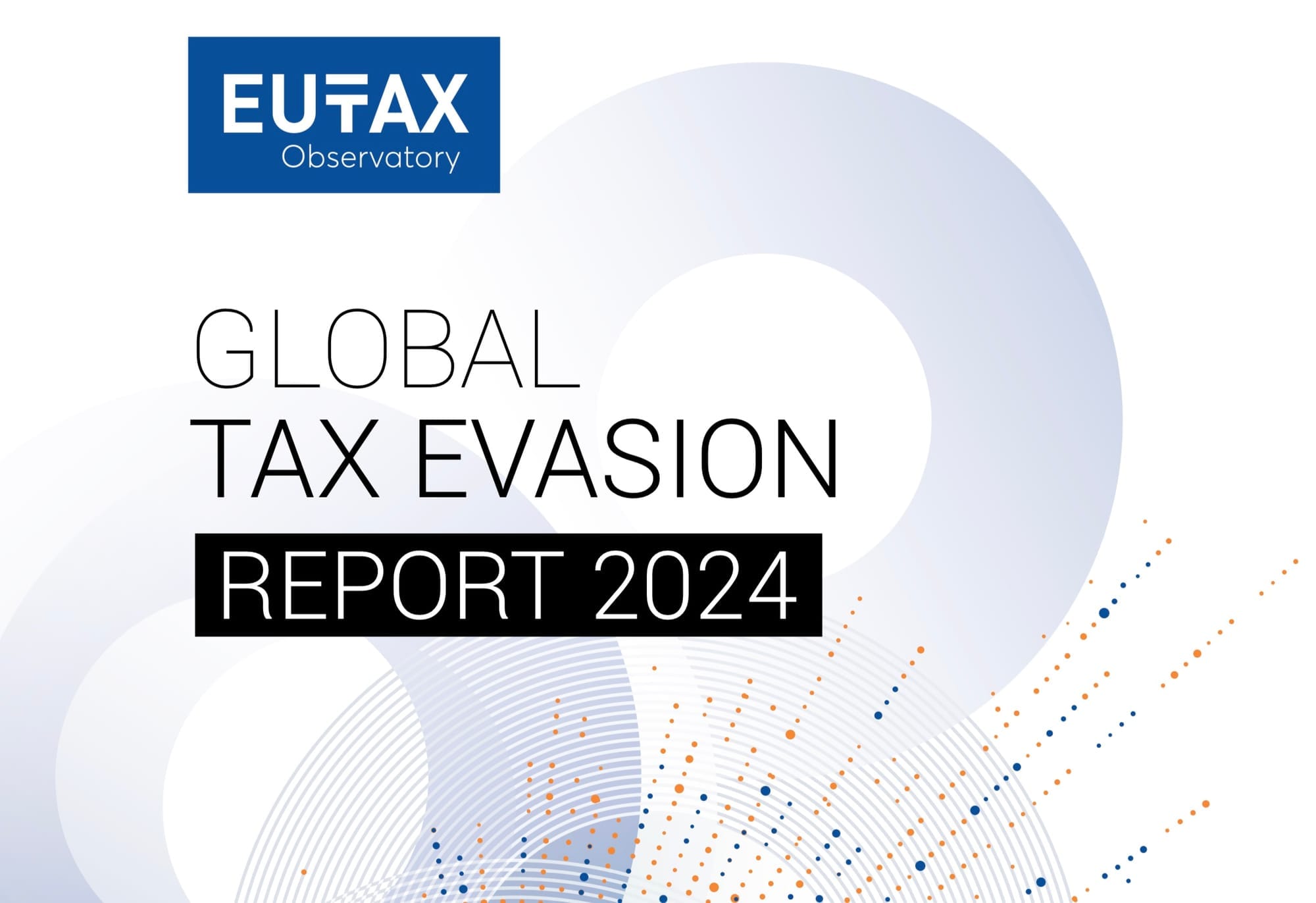Global Tax Evasion Report 2024

On October 22, 2023, the EU Tax Observatory (referred to as the "Observatory" in this article), headquartered in Paris, France, released its 91-page Global Tax Evasion Report 2024 (referred to as the "Report" in this article). This comprehensive report, crafted by over 100 researchers, provides a high-value analysis of global efforts to combat tax evasion by high-net-worth individuals and multinational corporations over the past decade. It summarizes successes and failures while proposing future global anti-tax-evasion strategies based on its findings.
In this series of articles, we will break down the key insights from the Report. For readers who are interested in the full text, please click the link above to download the original report.
It is important to note that the Report approaches tax evasion from the perspective of tax fairness: wealthy individuals and large corporations should bear a greater share of taxes. In other words, even if certain tax avoidance practices by the wealthy or corporations are technically legal, they are still considered tax evasion within the context of this Report.
The Report is divided into seven main sections:
- Executive Summary: Highlights six new global findings on tax evasion and international tax competition, along with proposals to combat global tax evasion.
- Introduction: Outlines the objectives of the Report, the goals of the EU Tax Observatory, research methodologies, and the structure and aims of the Report.
- Chapter 1: Analyzes global trends in offshore tax evasion, including the evolution of offshore financial wealth, the impact of automatic information exchange, and the growing significance of offshore real estate.
- Chapter 2: Explores trends in global corporate profit shifting, including how tax havens capture $1 trillion in profits annually, the evolution of profit-shifting practices, and the impact of the global minimum tax.
- Chapter 3: Discusses new forms of international tax competition, such as preferential tax regimes for high-income individuals and the rising competition for corporate subsidies.
- Chapter 4: Examines the tax deficits of high-net-worth individuals, analyzing effective tax rates across socio-economic groups and why billionaires pay lower effective tax rates than other groups.
- Chapter 5: Proposes policies to recover unpaid taxes from multinationals and the wealthy, including raising the global minimum tax rate, closing loopholes, implementing a coordinated global minimum wealth tax, regulating tax competition for non-resident elites, unilateral tax measures, establishing a global asset registry, and strengthening anti-abuse rules.
In this article, we will begin with Chapter 1, introducing the key findings of the Report.

